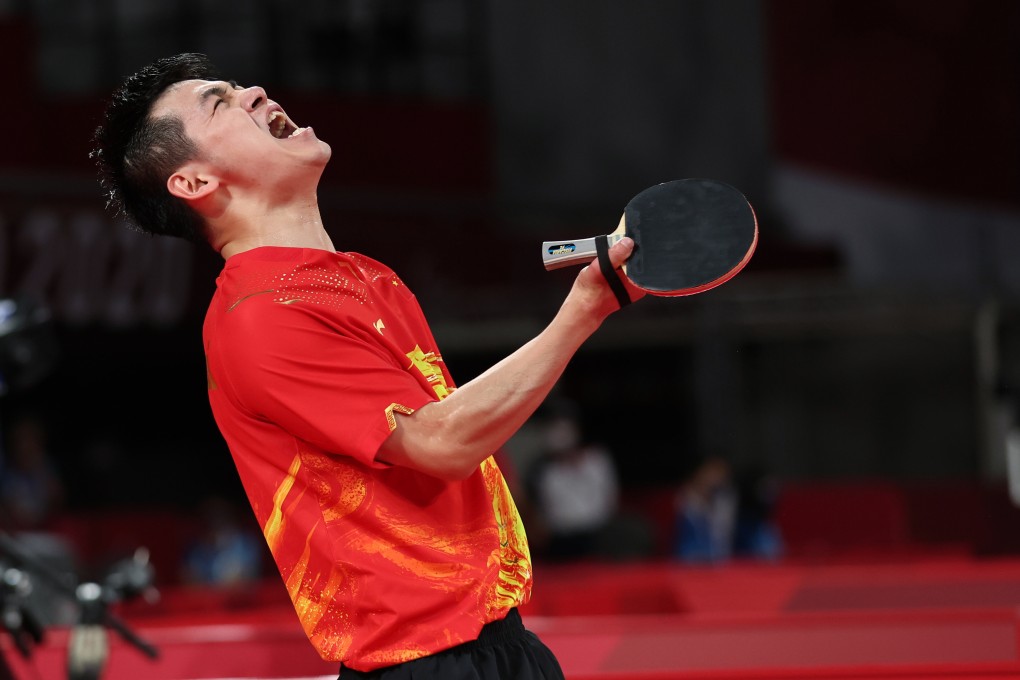Letters | Paralympics success proves China is world’s greatest sporting nation
- Readers discuss true sporting success, Hong Kong hosting international sports events, the merits of full-time classes and Cantopop group Mirror’s effect on the city

The platform for the US’ sporting success, its collegiate sporting system, turns out many world-class athletes but also thousands indebted graduates every year. The need to win and have the most medals has become a millstone around the country’s neck rather than a symbol of its success.
The US ended the Paralympics in third place by gold medal count. China was, by some distance, first in the gold medal and total medal counts.
Paralympians arguably have to face even greater challenges than their able-bodied counterparts to succeed at the very highest level, so their success should at least be on a par with them. China, with its combined success in the Olympics and Paralympics, is the greatest sporting nation on Earth. The US comes in a distant second.
Gunther Homerlein, Pok Fu Lam